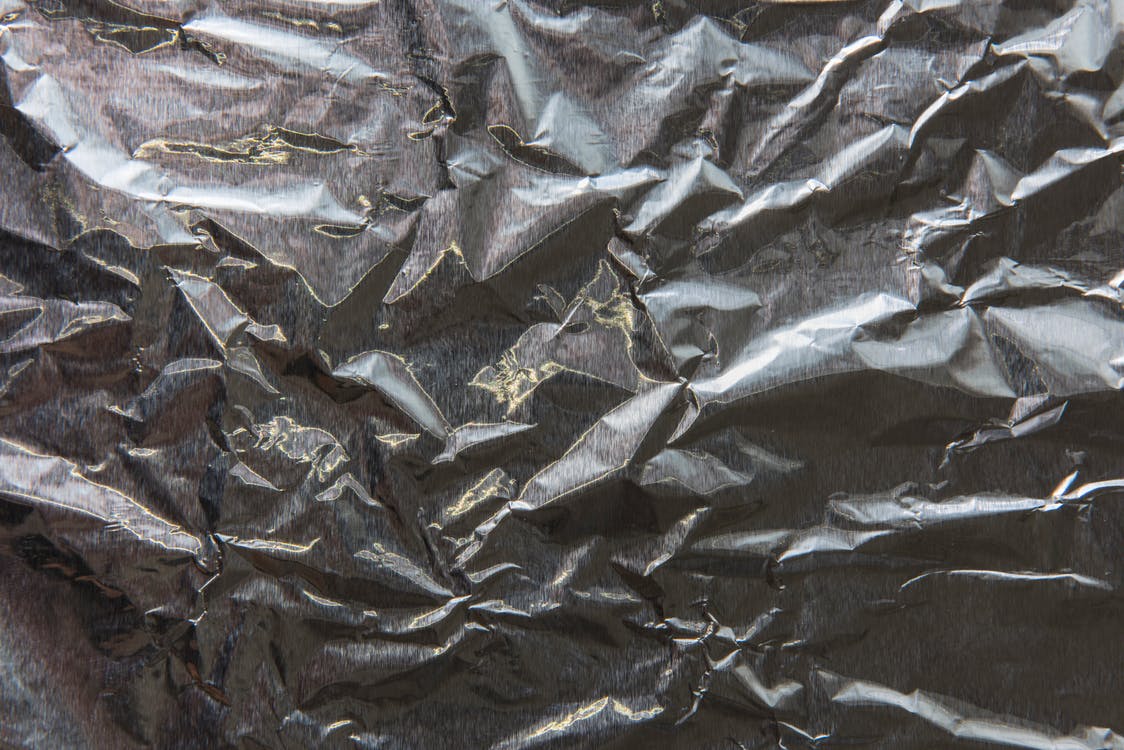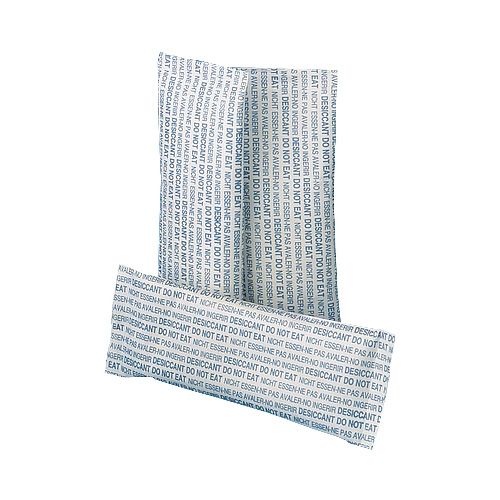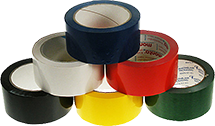Did you know that metal corrosion costs the global economy over $2.5 trillion a year(1)?
If you work in the metal fabrication sector or any industry producing metal products, this is something you need to think about. Corrosion can have an impact on your bottom line – driving up your costs.
So, do you need anti-corrosion packaging?
Typically, you’ll need to be using anti-corrosion packaging if you’re doing any of the following:
- Shipping or exporting goods, especially by sea or moisture prone environments
- Storing metallic goods for extended periods of time
- Manufacturing metal goods sensitive to corrosion
- Shipping any unassembled parts (this is sometimes called CKD, MKD or SKD shipping)
If you thought “yes, we do that” when you read any of the above, then you need to consider using anti-corrosion packaging to protect your goods.
What kinds of anti-corrosion packaging can you use?
VCI Packaging
Volatile Corrosion Inhibitor or VCI packaging is any paper or film product that’s impregnated with special chemicals to protect untreated non-ferrous metals against corrosion.
These special chemicals will create a moisture resistant layer on your metal products, which stops the metal corroding. VCI papers and films are a proven packaging option that’s ideal if you’re working in automotive or steel industries.
Barrier Foil
Barrier foil uses thin layers of aluminium which creates a protective atmosphere around your products – limiting the moister or chemicals which can attack them.
When you buy barrier foil it can be as bags or liners. Bags are great if you’re shipping small metal parts or other products through moisture prone environments. Liners can be used to protect containers that you’re storing corrosive chemicals, paints, oils or liquids in to minimise replacements and reduce product waste.
Desiccants
One of the most common methods to fight corrosion is the use of desiccants – you may have even come across them! Ever spotted a silica gel sachet in parcel you’ve ordered? It’s there to absorb moisture!
Moisture is your enemy when it comes to corrosion, so using desiccants – chemicals which absorb moisture, can be an effective way for you to fight corrosion. You’ll find that typical desiccants used include silica and clay.
Should anything affect which anti-corrosion packaging you choose?
The type of anti-corrosion packaging you use can depend on a range of factors. Shipping time, method and the environment in which your goods will be stored in are all things you should consider. Plus, you shouldn’t forget about any moisture content in other packaging you’re using!
Support with your anti-corrosion packaging
If you need support with anti-corrosion packaging, then don’t hesitate to get in touch. You can call us on 01902 496 666, email us or complete our contact form today.
Sources
(1) NACE Case Study














